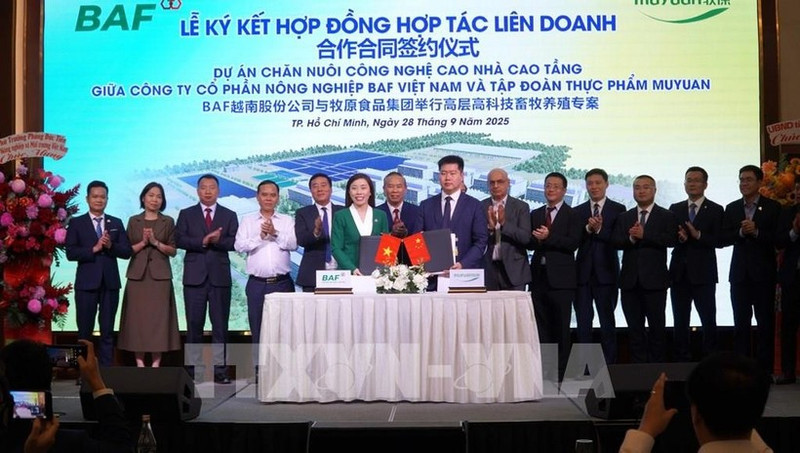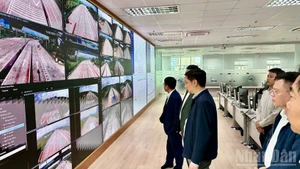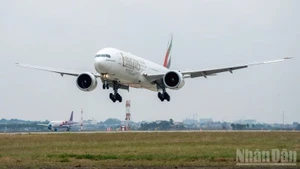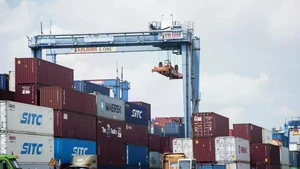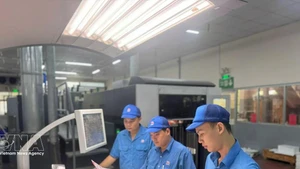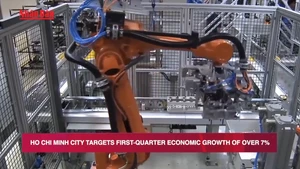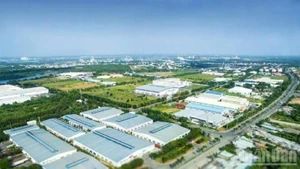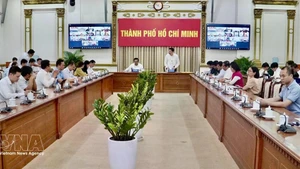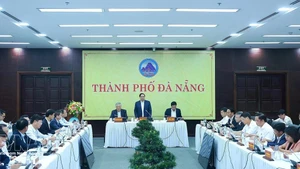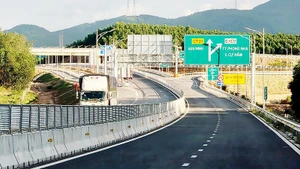The plan was unveiled at a signing ceremony between the BAF Viet Nam Agriculture Joint Stock Company and China’s Muyuan Foods Co. Ltd in Ho Chi Minh City on September 28.
The project, to be built in Tay Ninh province, is designed to house approximate 64,000 sows and produce 1.6 million market pigs annually, alongside a feed mill with an estimated capacity of 600,000 tonnes per year.
With an investment of 12 trillion VND (over 454.3 million USD), the high-rise complex integrated with a livestock feed production plant is expected to generate 10 trillion VND in annual revenue. It received approval from Tay Ninh provincial authorities in June and the Government in August.
Despite having a developed livestock sector, Viet Nam still spends heavily on importing meat. According to the Ministry of Industry and Trade, in the first seven months of 2025, the country imported 534,800 tonnes of meat and meat products worth over 1 billion USD, up 11% year-on-year. This underlines the urgency of enhancing domestic capacity to ensure food security and reduce reliance on imports.
BAF Viet Nam General Director Bui Huong Giang said the biggest advantage of the high-rise model lies in superior disease control and biosecurity. Modern design and filtration systems will help prevent dangerous viruses, including African swine fever. The project will also apply circular economy principles, recycle wastewater and produce organic fertiliser from waste, thereby address environmental challenges.
A representative of Muyuan, China’s leading livestock group, said its expertise in technology-driven pig farming will optimise land use by 5–8 times, cut labour demand by 20–30%, and lower feed and logistics costs, contributing to affordable prices for consumers.
Under the plan, nearly 20,000 pigs from the project are expected to reach southern markets by late 2027, meeting surging year-end demand and stabilising prices.
In 2025 alone, despite disease pressures, BAF Viet Nam has maintained stable supply of about 800,000 pigs, including 800–1,000 pigs per month for Ho Chi Minh City.
